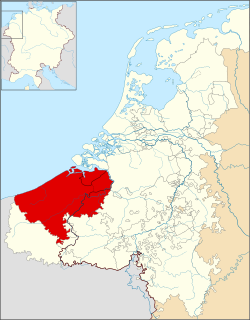Saturday, April 4th, 2020
“one peso for every Ilonggo word you say”: The Prestige of English in the Philippines
Gabrielle Torres
The nuns would say to us neat little school girls in our neat little school uniforms that only English and Tagalog should be spoken within school property. I was born in Iloilo City, Philippines, where people speak Ilonggo, a language spoken by approximately 9 million people. You’re probably wondering, ‘Why not speak Ilonggo in your school, then? It’s not a dying language and it’s spoken by millions of people, anyway.’ Well, Ilonggo is not a standardized language and most definitely not as prestigious as English. Ilonggo is a funny-sounding language with too many vowels in one word, and if you are unfamiliar with the language, all you can hear are the glottal and velar stops. Still, why do Filipinos perceive English as prestigious? Within the privileged Filipino community, the English language is utilized to create a cultural divide between the highly educated English-speaking Filipinos and the less-privileged non-English-speaking Filipinos. Since English is the language of the elite and the educated in the Philippines, it is also the language of the privileged.
Click here to read more



.png)


